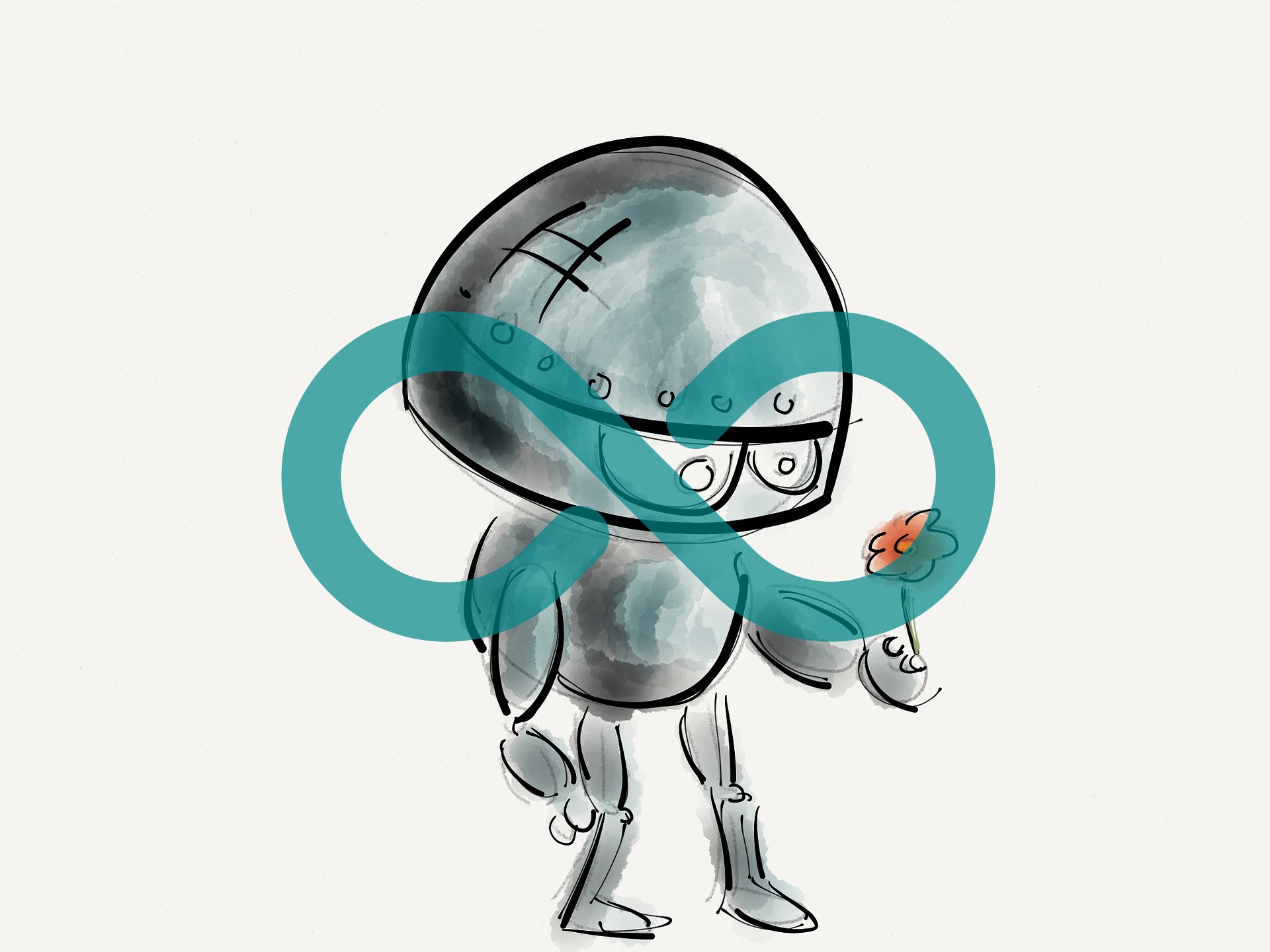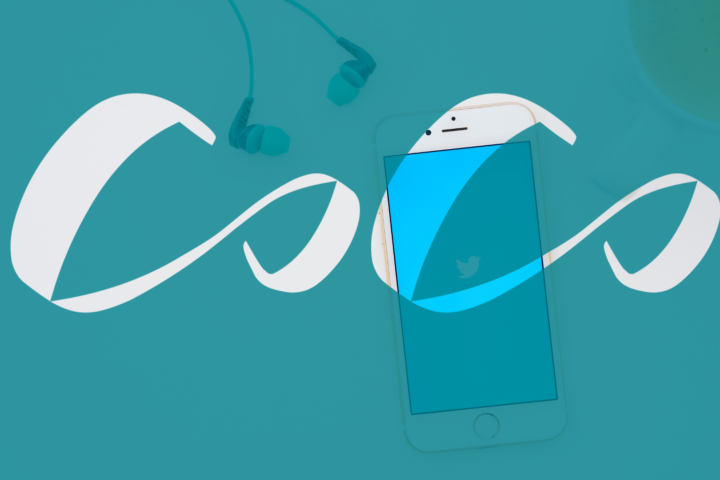We are in the golden age of coaching. We hold our heads high as executive coaches as we explain to fewer people that we aren’t tennis coaches, we can’t help with their golf swing and would be useless at perfecting their breaststroke. Leadership teams in large organisations and solopreneurs alike understand the power of executive coaching; testament to the impact of many talented coaches over the past decade.
What but happens in the next decade, and beyond?
We book flights and hotels without a travel agent. We hail a taxi from an app rather than raising our arm on the side of the street. We stay in a stranger’s home rather than a hotel. We ask Alexa rather than search the internet… or more retro, refer to a paper book!
As technological advances leave traditional occupations behind, what’s next for coaching?
We are in the 4th industrial revolution. Led by collection and manipulation of big data, this technological revolution impacts the way we do business. As executive coaches we support people to adjust and adapt and take a new approach to their work. Spending on artificial intelligence (AI) was US$12bn in 2017. This is predicted to increase to US$57bn in 2021 (source: WBECS), and its impact will affect every aspect of our lives at work and at home.
Adapting to new technology is already prevalent in my household as my 10-year-old asks Alexa to tell him joke or sing him a song, and my 13-year-old asks Siri for help with homework rather than use his library card to look in a book. My sons wouldn’t have a clue how to read a map as they use Google maps when out and about, or ask ‘Sat Nav Lady’ when we’re in the car….she even knows where we live so can navigate us home, and points out Starbucks on route so I can get my drive-thru caramel macchiato.
In the workplace, there is an increased use of chatbots to answer questions that a customer service adviser would have fielded, voice recognition understands our choices on telephone call, and ‘live chat’ facilities replace helpdesk emails. Our NHS is using automated interactions to triage symptoms, with evidence that patients are more likely to disclose their true lifestyle choices to a robot rather than a human (as the robot does not judge them on their weekend drinking and lack or exercise).
It’s clear that we’re getting more and more comfortable with our monologue with a robot as it feels like a dialogue. This is especially true when the robot ‘listens’ without judgement, presents pre-assigned answers to expected questions, doesn’t interrupt and allows us time to think.
This is beginning to sound like a coaching relationship to me…
The coaching profession must take notice of this adaptation. What if when a response is provided, a choice made and subsequent outcome achieved, that data is recorded by a robot. It is transferred into big data for the robot to improve its response to provide more accurate and meaningful results. The robo-coach is constantly ‘learning’ and adapting. As other areas of business are streamlined using automation, and its cost efficiencies realised, is professional development immune? I think not.
What if your online business bank account offered robot coaching sessions. Or your health care provider relied on robot led counselling interactions. Mentoring led by chatbots rather than human interaction. It’s just s series of questions after all.
A sophisticated question tree could guide the interactions. In a predictable web of questions this doesn’t seem that farfetched, and its cost efficiencies and limited liability will make it appealing. Did Black Cab taxi drivers expect the rise of Uber a decade ago? Did boutique city centre hotels predict the success of AirBnB? Did Bankers in the city appreciate the appeal of online only banking possibilities? The coaching profession cannot afford to be complacent.
We must not be fearful to try new approaches. A robot will carry out A/B testing to provide demonstrable evidence of how its interactions perform – long questions versus short questions, 2 minutes versus 5 minutes response time, clean language versus directive language and so on.
As humans, we must bring the same learning to our coaching practise and seek to get better with each interaction, always learning and always improving. Peer coaching and the role of a coaching supervisor ensures constant evaluation, in the same way a football coach will watch video footage of how his team performed and how they can improve their performance next time.
We must be effective and make an impact more quickly. That does not mean we need to rush or make hasty decisions but can we use other approaches to support our practise? For example, the initial few coaching sessions help to get to know our client and to develop the right chemistry in the relationship and instil trust in one another. Could our onboarding process include the use of video, or virtual reality, to come to the same outcome in a more time and cost-effective way?
It also means we must be comfortable to fail and to try again and again to be better. Having a sense of vulnerability distinguishes us from our robot counterparts and makes us relatable to human clients. To have the courage to trust your instinct and your gut reactions is intrinsically human and harnessing the power of emotional intelligence cannot be programmed for a robot.
This is not a scary future, just a different reality to what we are used to. Businesses across the globe are being disrupted by the 4th industrial revolution, and it is only right that the coaching profession considers how that impact extends to the human centric approach coaching takes. We need to lead by example and be the very best version of ourselves if we are to ask others to, and that includes acknowledging the changing face of business to embrace not deny the 4th industrial revolution.
Further interesting reads:
https://www.brookings.edu/wp-content/uploads/2014/07/HumanRobot-PartnershipsR2.pdf




